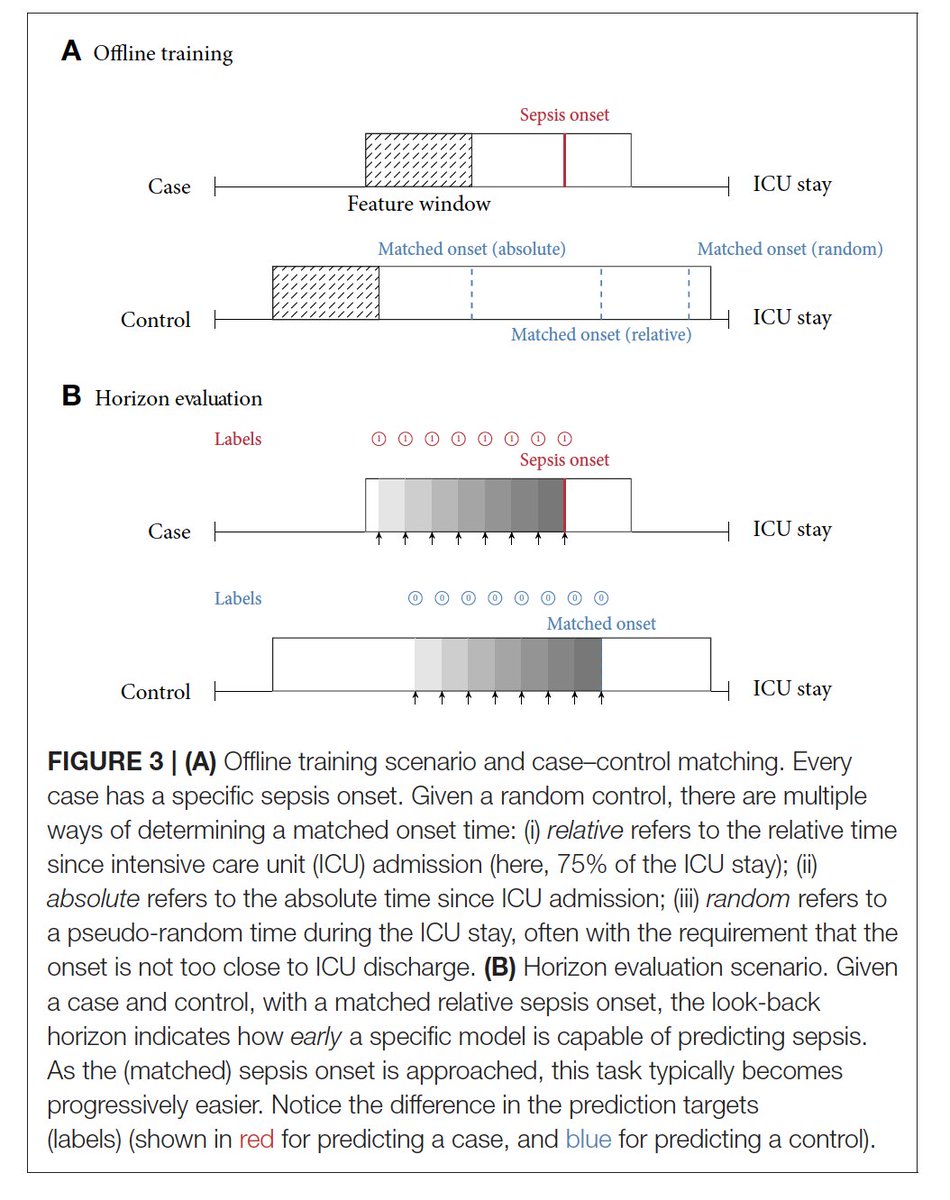
How to get URL link on X (Twitter) App



 First, I asked about the game (great intro if you don't know the game).
First, I asked about the game (great intro if you don't know the game). 






 1) Motivation: why should we even care about #sepsis? For decades clinicians have a) struggled to detect it in its early stages where organ damage is still reversible and b) failed to find a robust and early biomarker for sepsis. 2/n
1) Motivation: why should we even care about #sepsis? For decades clinicians have a) struggled to detect it in its early stages where organ damage is still reversible and b) failed to find a robust and early biomarker for sepsis. 2/n